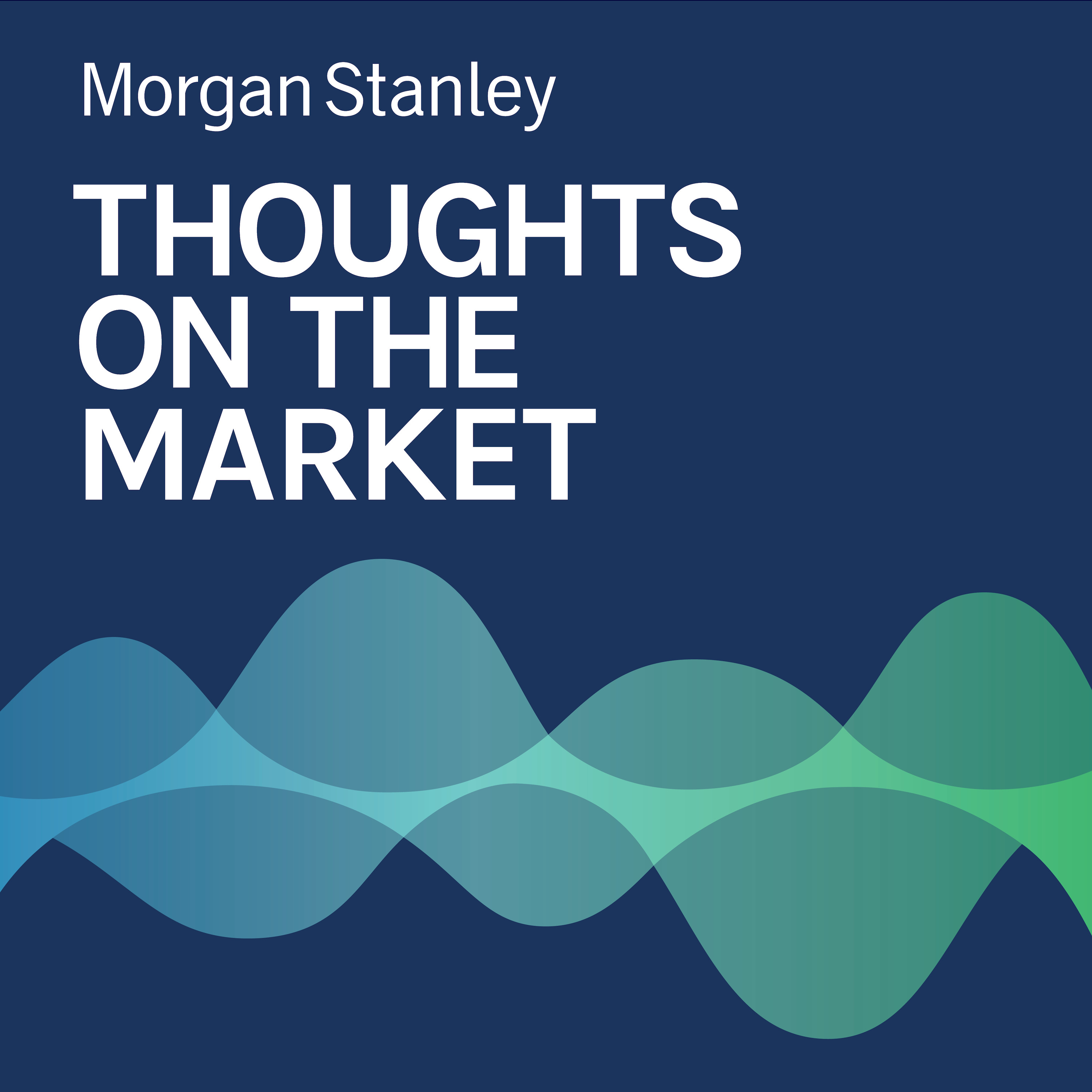Todd Castagno: Rising Growth in Convertibles Bonds

b'
Here\\u2019s why convertible bonds, an often overlooked asset class, are becoming more attractive as an alternative to common stock.
----- Transcript -----
Welcome to Thoughts on the Market. I\'m Todd Castagno, head of Morgan Stanley\'s Global Valuation Accounting Research Team. Along with my colleagues bringing you a variety of perspectives, today I\'ll be discussing the increasing attractiveness of the convertible debt market. It\'s Thursday, October 5th at 10 a.m. in New York.
Rising interest rates have increased borrowing costs for everybody, and that includes companies looking to raise or refinance debt. And that generates a renewed appetite for an oft overlooked asset class called convertible bonds. But what are convertible bonds?
To start, convertible bonds are what we call a hybrid instrument, combining the features of a traditional corporate debt and common equity. Similar to corporate bonds, convertibles offer guaranteed income via interest of the initial investment. The reason they are called "convertible" is because they offer investors the option to convert that bond to common stock when a company\'s share price hits a certain threshold. These hybrid features provide investors with downside protection and upside equity appreciation.
There are many reasons why companies choose to issue convertible debt. First, they offer a strategic financial flexibility for high growth in early stage companies, a quick time to market execution time. Second, convertible debt provides an alternative path for companies that would find it difficult to access straight debt in the market. Third, they offer a way to raise equity without issuing more stock directly through secondary offerings. And this is a big plus for corporates because investors often perceive a secondary offering as a negative signal. And finally, a lower cash coupon and lower interest expense is very attractive in a high-rate environment. Why is that?
Convertible bonds have lost market share from traditional corporate debt over the last 15 years. The convertibles market size has remained largely unchanged, while the traditional corporate debt market in the U.S. has roughly doubled. Convertibles are relatively less attractive at lower interest rates and accommodating capital markets for traditional alternatives.
As it stands, 2023 is on track to double last year\'s issuance, as likely to be the highest post global financial crisis issuance outside of COVID. Important to note, the nature of issuance this year is different from recent history. In the last decade or so, issuance has been led by smaller market cap and growth companies, who don\'t have established debt markets or ratings and thus don\'t have easy access to straight debt capital. However, this year, 65% of issuers have had a credit rating and thus have had easy access to the straight debt market. They\'re coming to the convertibles market, not as a necessity, but are instead actively choosing to issue converts because of the favorable economics, through interest expense savings, and a last wrinkle, new favorable accounting. Accounting rules recently changed that reduce complexity for both issuers and investors. While accounting typically does not drive economics, on the margin, the recent change improves transparency and reduces cost to issue. Utilities have been especially large convertible issuers this year in the market. 75% of convertible offerings in 2023 year-to-date have been refinancing, which are likely to be one of the areas primed for growth in the capital markets.
Looking ahead, we believe the convertibles market is poised for growth. We will likely see more convertible issuances, given a higher interest rate environment, tighter capital markets and a wall maturities, that is coming due in the next 2 to 3 years. Convertibles are a particularly suitable instrument in this context as they offer defensive income enhanced alternative to investing in the underlying common stock.
Thanks for listening. If you enjoy the show, please leave us a review on Apple Podcasts and share Thoughts on the Market with a friend or colleague today.
'